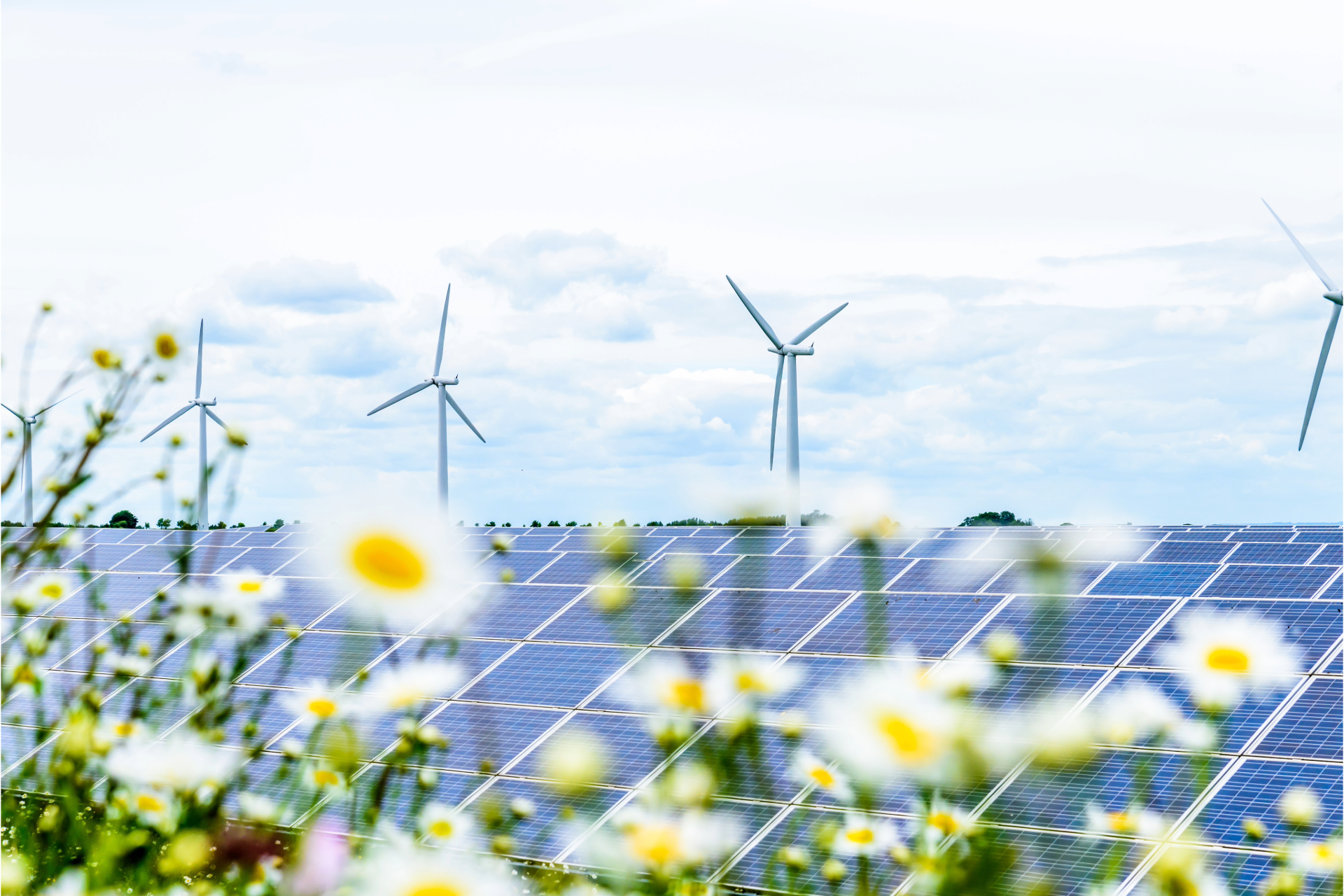During every election campaign there are the pledges or policies that grab attention. Labour’s ‘Great British Energy’ is eye-catching for bill payers as well as those in the energy industry. But what exactly is it? How will it work? And can it cut bills and accelerate net zero?
A clean energy superpower
GB Energy is a key facet of one of Labour’s five national missions in its manifesto – ‘to make Britain a clean energy superpower’. But this is not the first time we heard about Great British Energy. Back in September 2022 it was the key pledge in Keir Starmer’s Labour conference speech when he announced that Labour will create a new energy generation company, which would be publicly owned. There has been a lot of talk about Great British Energy, but even at this stage, there isn’t a lot of detail – so what do we know?
What is Great British Energy?
Should Labour win on 4th July, Starmer has pledged an investment worth £8.3 billion into Great British Energy in the first 5-year term. The aim is for the UK to benefit from the opportunities in clean power. Right now, many British energy generators are wholly or partly owned by foreign companies or governments, for example, other countries own 44% of our offshore wind infrastructure. Think about France’s EDF, Sweden’s Vattenfall and Denmark’s Ørsted. The idea behind Great British Energy is to create a state-owned energy company in order to keep the benefits here, so that British households and businesses don’t miss out.
What will it do?
The company would have operational independence and be able to partner with industry and the private sector to co-invest in clean energy projects. GB Energy would be headquartered in Scotland, exact location still to be announced. It would be able to focus on newer technologies that potentially hold more risk, such as floating offshore wind, tidal power generation and green hydrogen. Great British Energy is designed to cut bills, the idea is that by investing now in clean energy that we can control, it’s possible to make the UK less reliant on expensive imported fossil fuels.
Are we talking about renationalisation?
Great British Energy is not renationalisation of the electricity sector. And it would not be supplying electricity directly to consumers or businesses. But it would mean a government-owned power company playing a part in our energy system for the first time in 30 years. Rather than supplier, GB energy is planned to finance the building of renewable technology infrastructure.
Is it popular?
High energy costs, energy poverty for millions, and increased concern around energy security make fertile ground for this policy. A YouGov poll commissioned by CommonWealth in February suggested that 66 per cent support a national energy company. The plan is to fund the clean energy future by taxing oil and gas giants, who are currently earning record profits.
The former chief scientific advisor to the Government, Sir Patrick Vallance, has endorsed the plans, and is quoted in their manifesto where he said: “A national mission for clean power by 2030 is achievable and should be prioritised.”
The plan also supports small scale clean power projects, with about £3.3bn earmarked to fund local authorities and community owned schemes.
Can it cut bills?
Even if Keir Starmer can take advantage of the idea’s popularity right now, there will need to be visible progress in delivering energy security and lower bills. This will take a level of ambition, and critically, funding, that some critics have pointed out is currently lacking in the plans. Building energy infrastructure is a long-term business. With a sum of £8.3bn for five years, it may be a stretch to realise the lofty goals of the policy.
If it works, the plan would eventually mean that a bigger amount of our electricity comes from renewables. In theory this will translate into cheaper bills over time as we become less exposed to international price shocks and fluctuating prices of official fuels in the global market. Exactly how long this will take is the real question. Recently, the Chairman of Ofgem suggested that the cost of upgrading the electricity network to support the transition to renewables may mean any immediate savings could be swallowed up. But there’s no doubt that future generations stand to benefit from the investments that are made now.
The bigger picture
Conservatives say Great British Energy is nothing more than a logo. Environmentalists say it doesn’t go far enough. Voices from the energy industry are hoping that it doesn’t become a distraction from the bigger picture, when there are significant challenges around skills, planning and grid to be getting on with. A fledgling Great British Energy stands to benefit from the same actions that the industry has been calling for: an improved grid, a better planning system and conditions for investment certainty.
Labour has ambitions to change our energy system forever by 2030. To deliver their clean power mission will take more than a catchy brand name. Seizing this opportunity can deliver huge benefits. Great British Energy has to be just one piece in the complex and urgent public policy puzzle of energy security, cost of living and net zero.
For all the latest news on the 2024 election, be sure to check out the Hub’s Election Insights.














